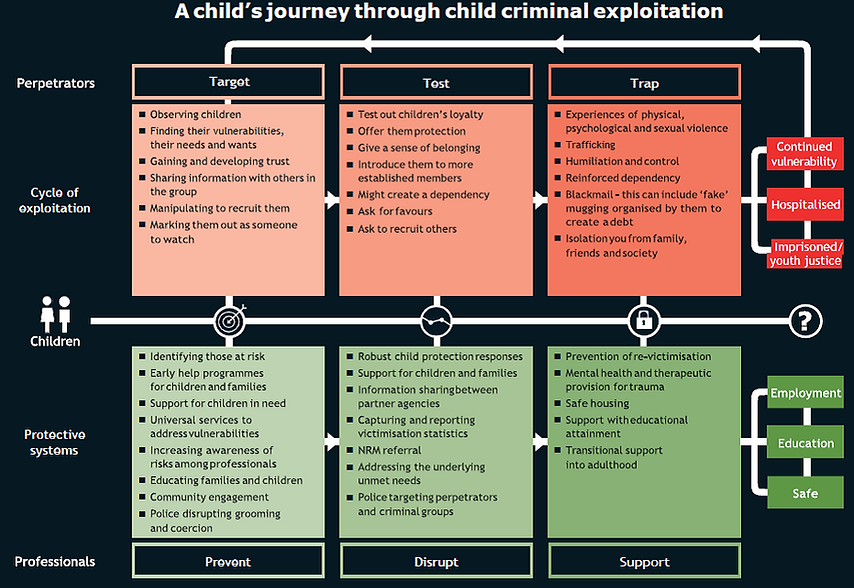Child Exploitation and Contextual Harm
Please read this page in conjunction with the information page on Modern Slavery & Child Trafficking
Child exploitation comes in many forms, yet the patterns often remain the same. Child Exploitation is where an individual or group takes advantage of an imbalance of power to coerce, control, manipulate or deceive a child or young person under the age of 18.
Our safeguarding response to the harm that children and young people face beyond their families, requires a different approach. This approach, Contextual Safeguarding recognises that the different relationships that young people form in their neighbourhoods, schools and online can feature violence and abuse. Parents and carers have little influence over these contexts, and young people’s experiences of extra-familial abuse can undermine parent-child relationships.
It is essential for practitioners from across the partnership to engage with individuals and sectors who do have influence over and within these extra-familial contexts. The assessment of, and intervention in, these spaces are a critical part of safeguarding practices. Download the legal and policy framework for Contextual Safeguarding (Frimin and Knowles, 2020) to find out more.
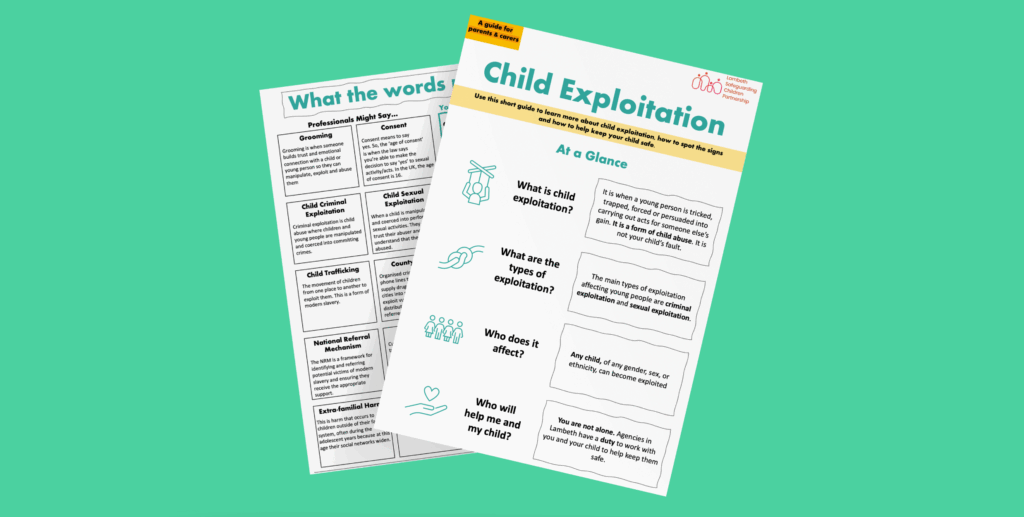
A guide for parents & carers
Child Exploitation
Use this short guide to learn more about child exploitation, how to spot the signs and how to help keep your child safe.
Spotlight on: County Lines
Criminal exploitation has received considerable media coverage in the last year, with a focus on county lines activity. This is when individuals or groups use vulnerable children and adults to transport and sell illegal drugs, primarily from urban areas into market or coastal towns or rural areas, to establish new drug markets or take over existing ones. The use of phone lines as a way to distribute drugs gives this activity the name ‘county lines’. Perpetrators may also use children to transport and hide weapons and to secure dwellings of vulnerable people in the area, so that they can use them as a base from which to sell drugs. This is called ‘cuckooing’.
County lines is about modern slavery, human trafficking and exploitation, alongside drug supply and violent crime. It is a highly lucrative illegal business model. The adults running these networks are removed from the front line activity of dealing – they exploit children who are at high risk transporting and selling drugs often many miles from home.
There are high levels of violence and intimidation linked to this activity. Children can be very quickly groomed into criminal activity – often before parents or professionals realise what is happening. It is critical that practitioners working directly with children and vulnerable adults are aware of what county lines is, how to identify those at risk or involved in county lines exploitation and what action to take.
Explore all the videos below to learn more about Child Exploitation and impact.
Learn More About Child Exploitation
What are the signs of criminal exploitation and county lines?
- Returning home late, staying out all night or going missing
- Being found in areas away from home
- Increasing drug use, or being found to have large amounts of drugs on them
- Being secretive about who they are talking to and where they are going
- Unexplained absences from school, college, training or work
- Unexplained money, phone(s), clothes or jewellery
- Increasingly disruptive or aggressive behaviour
- Using sexual, drug-related or violent language you wouldn’t expect them to know
- Coming home with injuries or looking particularly dishevelled
- Having hotel cards or keys to unknown places.
Support and Resources
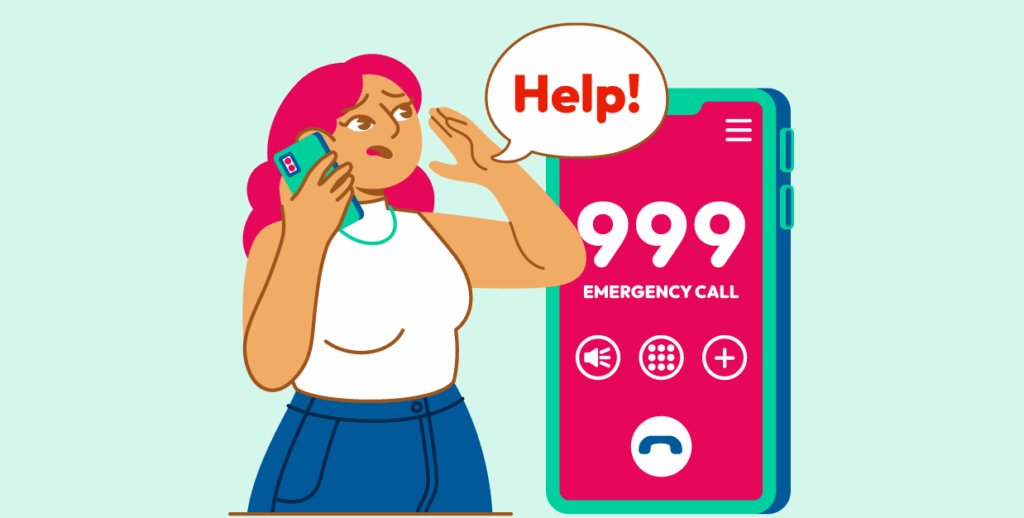
In an emergency
If someone is at immediate risk of significant harm, please call 999. Do not delay.
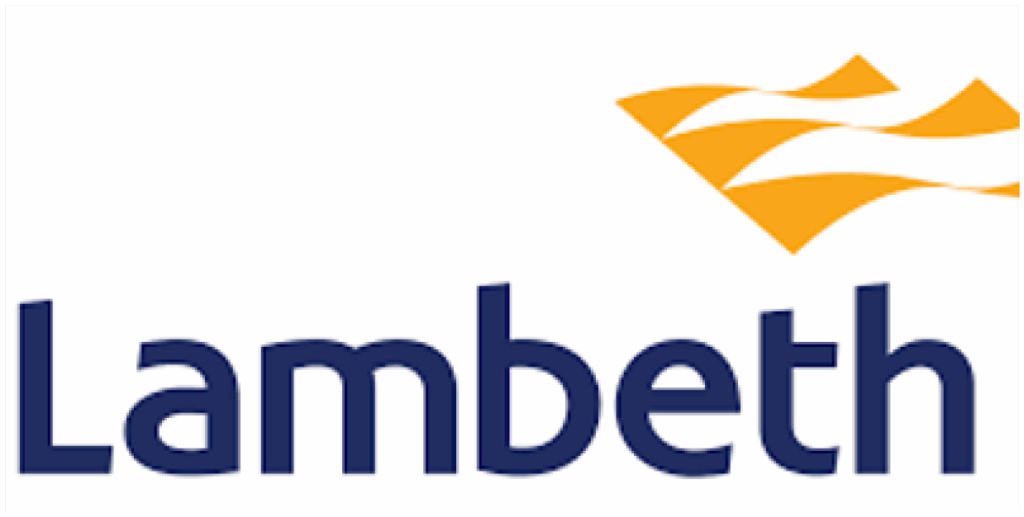
Make a referral for support
Contact Lambeth’s Integrated Referral Hub on 020 7926 5555 and follow up with a completed Multi-agency Referral Form.

Pan London Threshold Document: Continuum of Help and Support
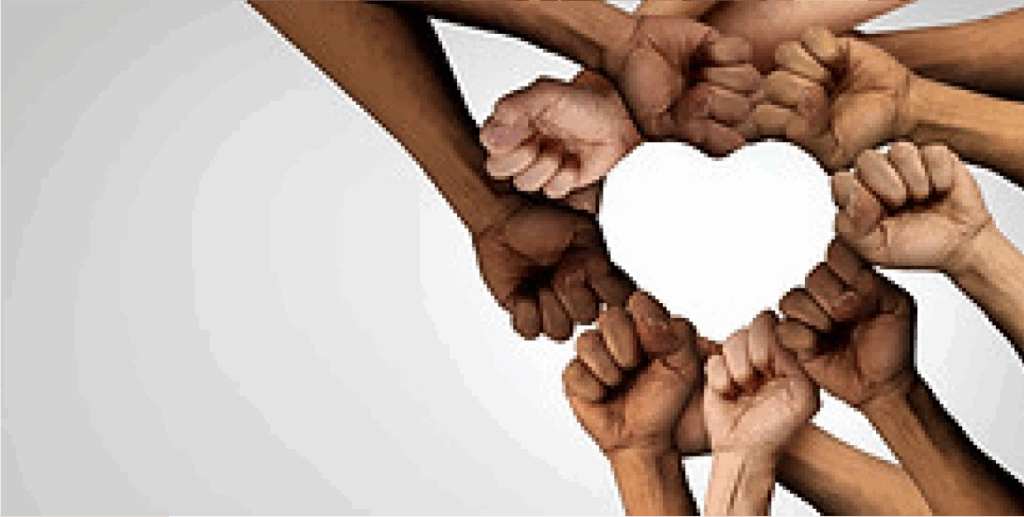
Safeguarding Black Boys & Young Men

Exploitation Risk Matrix
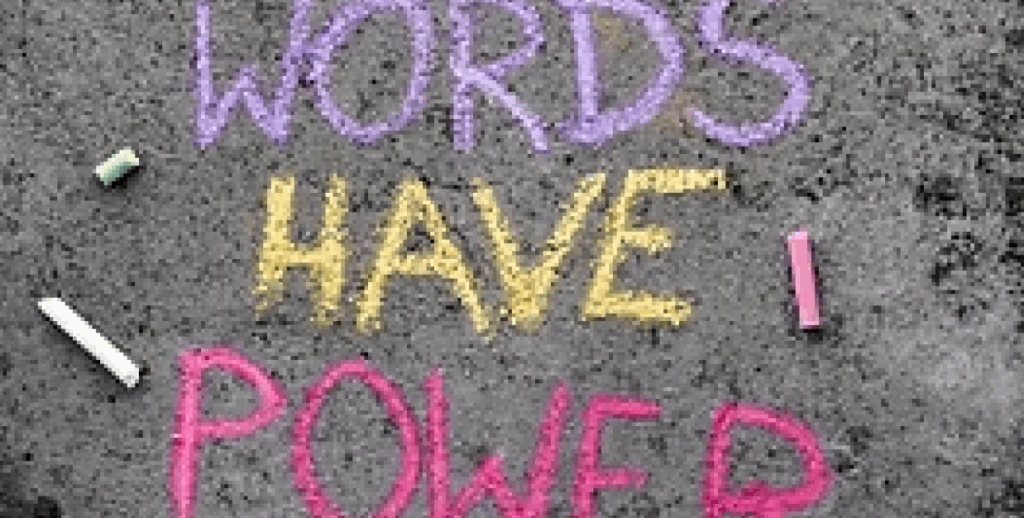
Language Toolkit
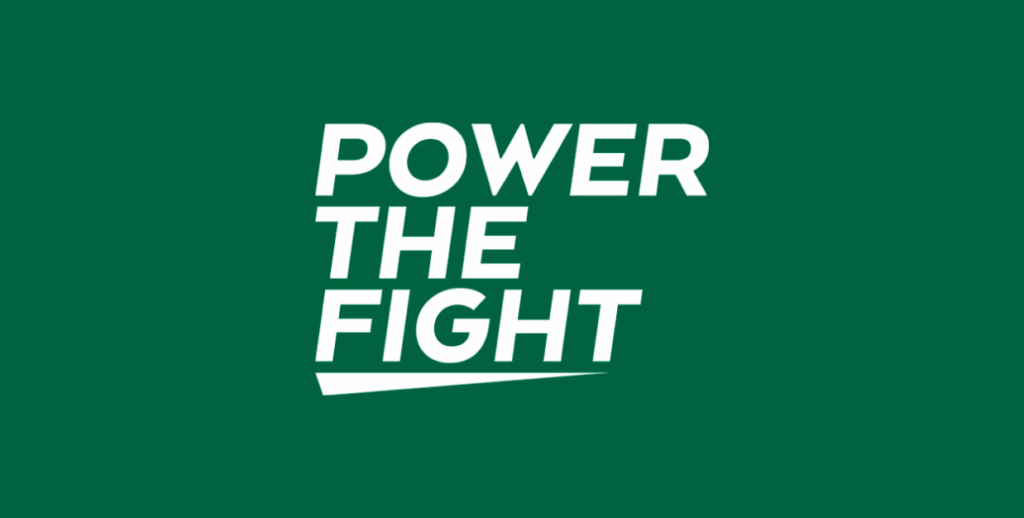
Culturally Competent Responses
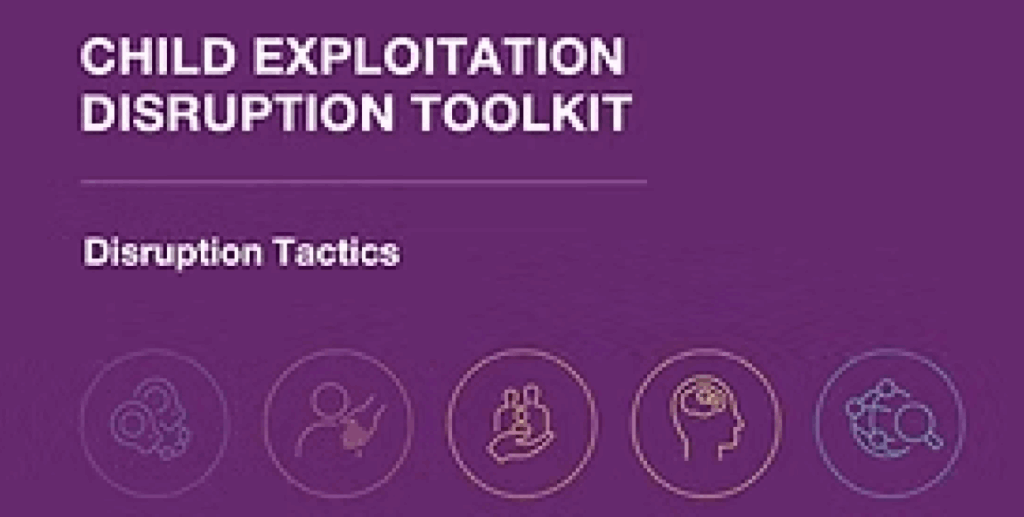
Disruption Toolkit
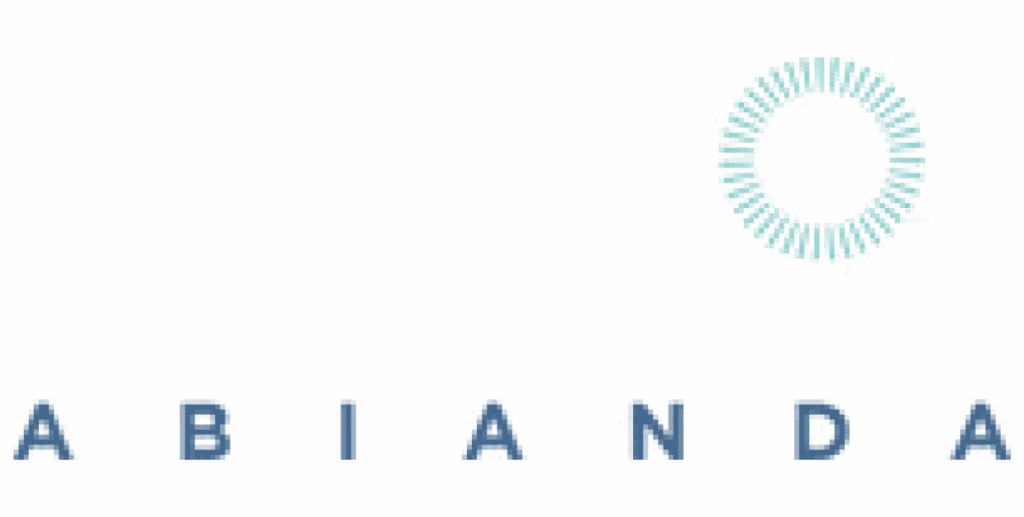
Support for Young Women

County Lines Guidance

County Lines Professionals' Toolkit
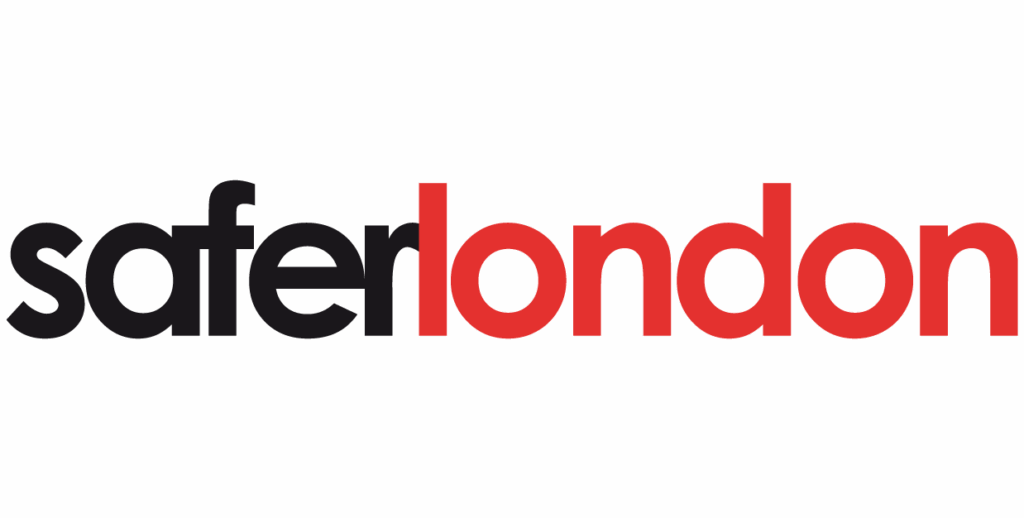
Pan-London Support
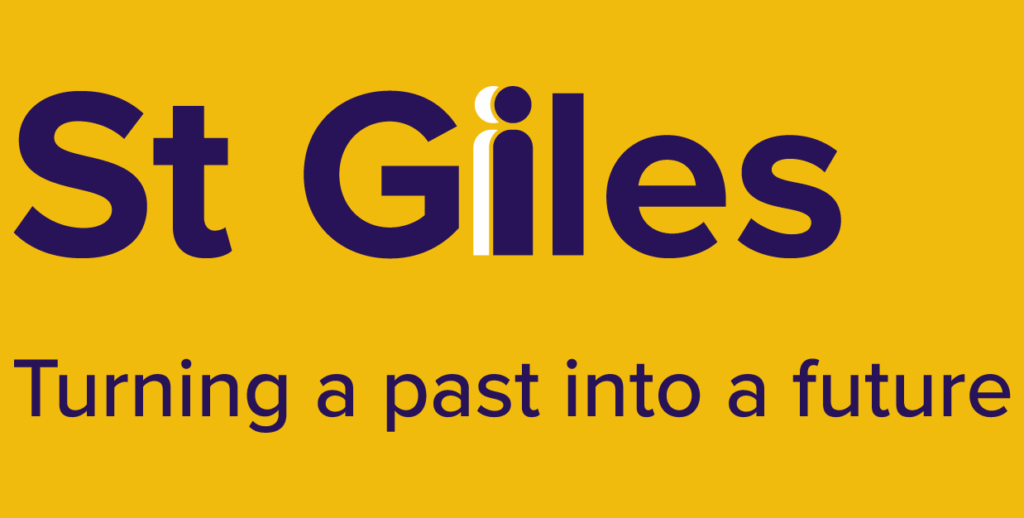
Specialist Support
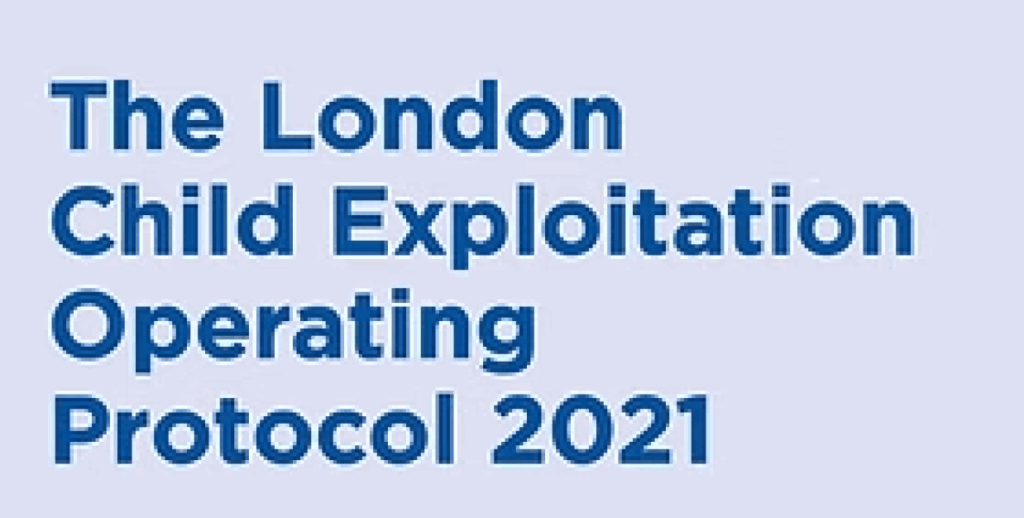
Exploitation Protocol









